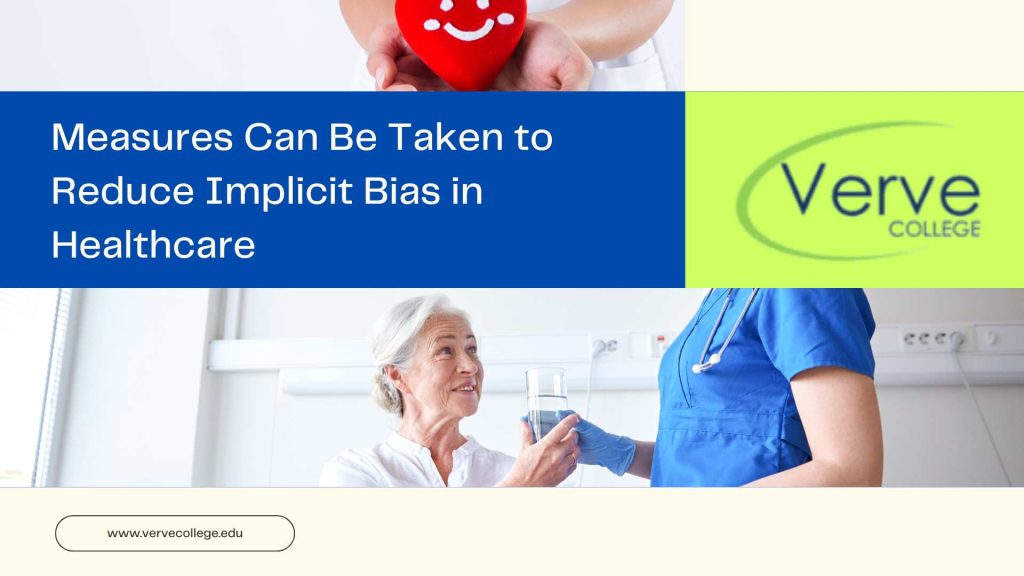- Oak Brook:(630) 705-9999
- Chicago:(312) 920-8822
- Email:inquiry@vervecollege.edu
- Make a Payment
- Home
- Programs
- Admission
- Resources
- ATI Entrance Exam Resources
- New E-Digital Library
- Refer a Friend
- School Newsletter
- Events
- Employers
- Job-Network
- Alpha Beta Kappa Candidates
- Verve College Library
- Graduation and Pinning Ceremony Photo Galleries
- Textbook Information
- Career Services
- Tutoring
- School Catalog
- FAQ
- Constitution Day Program
- Alumni
- Verve College Plans
- Financial Aid
- HEERF Reporting
- Satisfactory Academic Progress
- Apply For Financial Aid
- Net Price Calculator
- Return of Title IV Funds (R2T4)
- Financial Aid Office Code of Conduct
- Contact
- FAQs
- Verification Policy
- Vaccination Policy
- Student Right-to-Know Act
- Misrepresentation
- Information Security Program
- Academic Award Year
- Availability of Employee
- Cost of Attendance
- Health & Safety Exemption Requirement
- Students Rights and Responsibilities
- Leave of Absence
- Pell Formula
- Military Students
- Grants/ Scholarship Policy
- Contact Us
- Testimonials
- Blog
Is a Nursing Career Right For You?
Take The Free Quiz
What Measures Can Be Taken to Reduce Implicit Bias in Healthcare?
What Measures Can Be Taken to Reduce Implicit Bias in Healthcare?
The question is, what is implicit bias in healthcare? Implicit bias, also known as the implicit attitudes or stereotypes that impact our beliefs, actions, and choices, could affect the quality of care for patients in the health care setting. Recognizing and correcting these explicit biases is essential to ensure fair and high-quality health care for all patients, regardless of their backgrounds.
What is Implicit Bias in Healthcare?
Before examining strategies to minimize implicit bias, it is essential to know the nature of implicit bias for practical nurse and the ways it manifests itself in health care. Implicit bias results from normal cognitive processes where the brain uses shortcuts to process information quickly and efficiently. These mental shortcuts allow us to make better decisions in complex situations but could cause bias in decisions and thinking.
Implicit bias is often a result of social stereotypes and personal experiences, subtly altering the perceptions of a healthcare professional of patients and their interactions, even if there isn’t an apparent predisposition. This subconscious processing may cause unintentional differences in the treatment of patients, such as differences in pain management diagnosis, procedures for diagnosing, and treatment options.
Recognizing implicit bias as an inherent part of cognitive functioning is essential for health care institutions for medical students. It calls for a deliberate strategy and education from the best LPN school near me (private school) to combat mental biases and ensure fair patient treatment.
Related:- What Are the Most Effective Strategies for Building Teams in Healthcare?
How to Reduce Implicit Bias in Healthcare?
Reducing bias through implicit means using self-awareness and education and changes to the system. Here are some suggestions to decrease the impact of implicit healthcare bias and create the creation of a more fair and equitable health care environment:
- Self-Awareness and reflection: The first step to reducing bias in health care is and examine one’s racial biases. Healthcare institutions can encourage self-awareness by providing training on implicit bias to help people recognize and comprehend their implicit biases.
- Diversity in Hiring and Inclusive Culture: A diverse workforce and encouraging an inclusive culture within your health care company can reduce biases implicitly. Staff members from different backgrounds and perspectives come together and collaborate, which could lead to an inclusive approach to the patient care by health care providers.
- Implicit Bias Education: providing ongoing education on ways to decrease implicit bias is crucial. Online training on implicit bias can be a powerful method to train healthcare professionals about how to recognize and address the unconscious biases they have.
- Person-Centered Care Cultivating a person-centered approach to health care will also reduce the impact of implicit bias. The concept of person-centered care is to actively listen to patients, consider their needs and preferences, and treat every patient as a unique individual.
- Reward and Accountability Implementing systems for accountability and feedback can aid in identifying and addressing implicit bias in health care. Encourage staff and patients to voice their concerns about biases and ensure clear procedures are implemented to deal with these issues at clinical sites.
- Continuous learning and improvement Eliminating implicit bias is a continuous commitment. Health care organizations must continually improve and learn by ensuring staff have access to education like A&P class and resources to reduce implicit biases in healthcare. This is how to reduce implicit bias in healthcare.
Avoiding Bias In Health care
Reducing or eliminating discrimination in the healthcare field is an essential step towards ensuring fair healthcare for patients. By promoting self-awareness, inclusivity, and diversity, providing implicit bias education, and promoting people-centered approaches, healthcare providers can play a crucial part in fighting implicit bias.
Online programs for implicit bias from the best nursing colleges in Illinois (medical school) provide a practical and easy solution for health care professionals or clinical nurses who want to understand and overcome their subconscious biases in their nursing careers, especially during clinical rotations. By investing in training for implicit bias, healthcare providers can demonstrate their commitment to fair health care and foster an environment of acceptance and respect. A commitment to continual learning and continuous improvement is the first step toward creating a health care system that is inclusive, fair, and free of bias.
 Sign up
Sign up Login
Login




